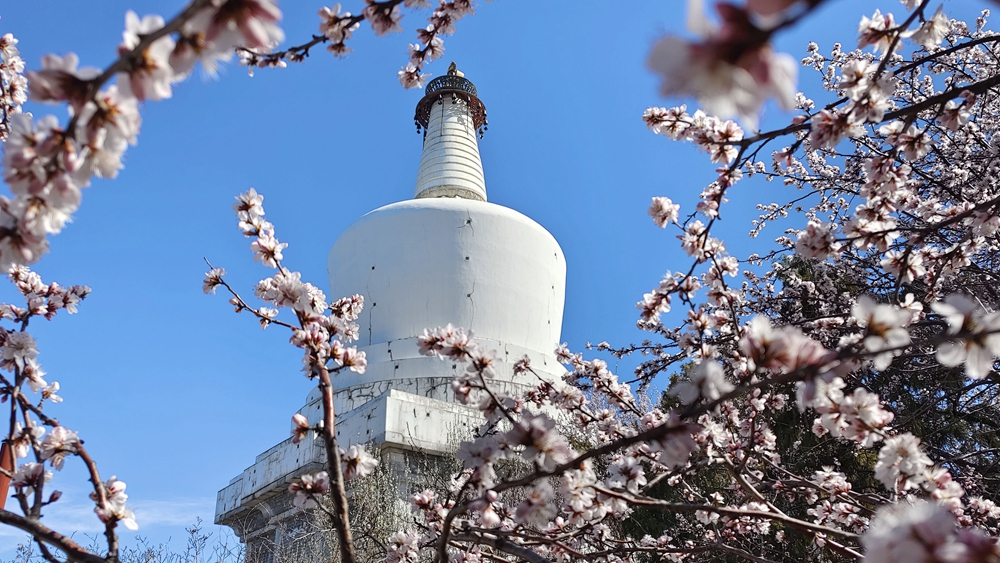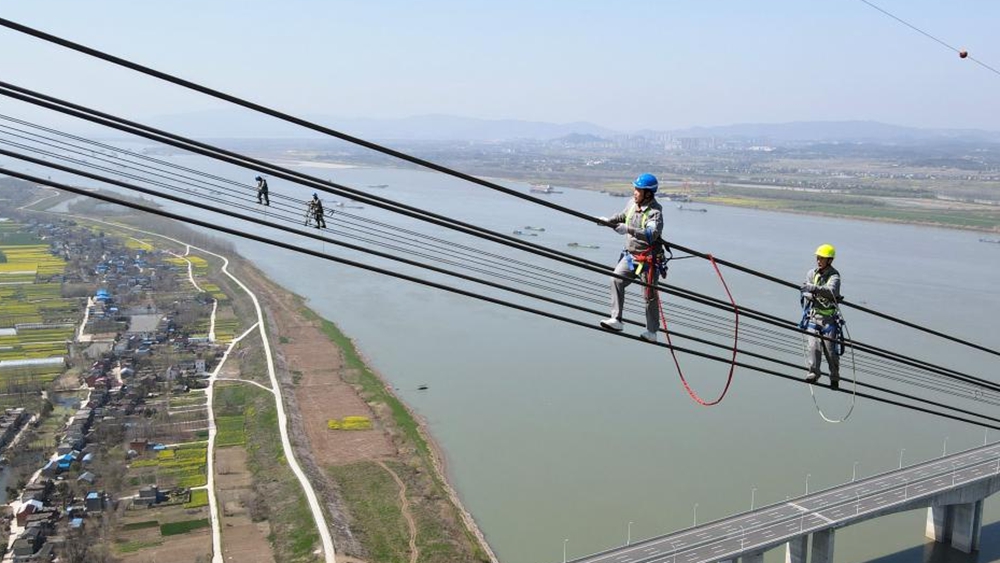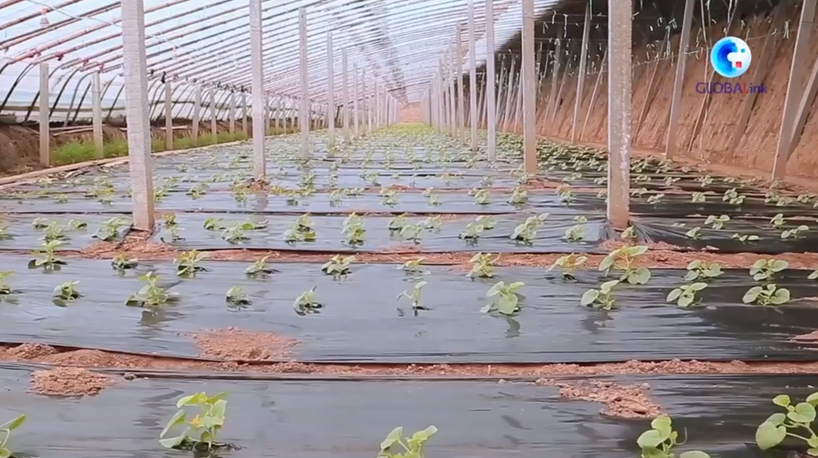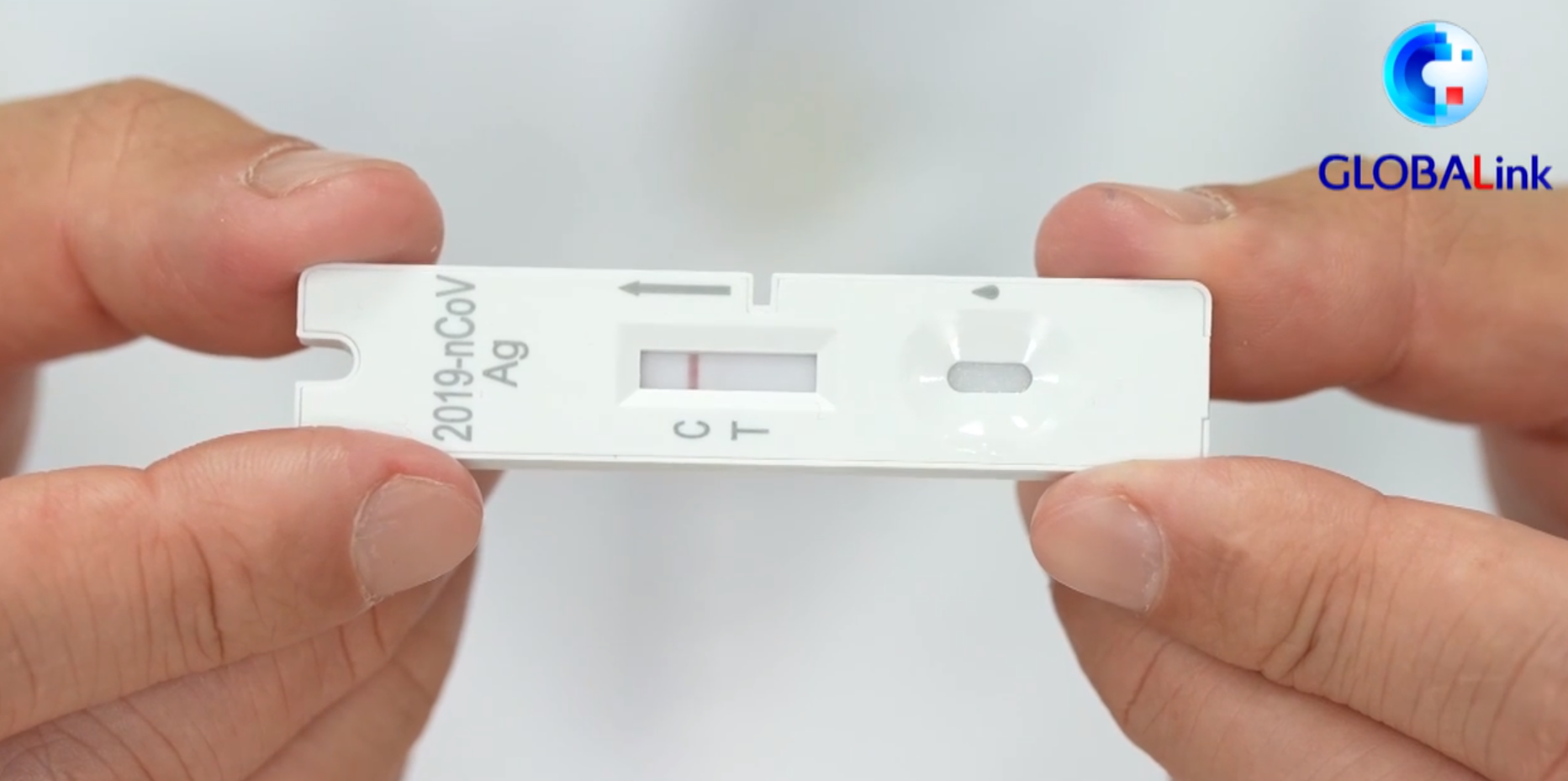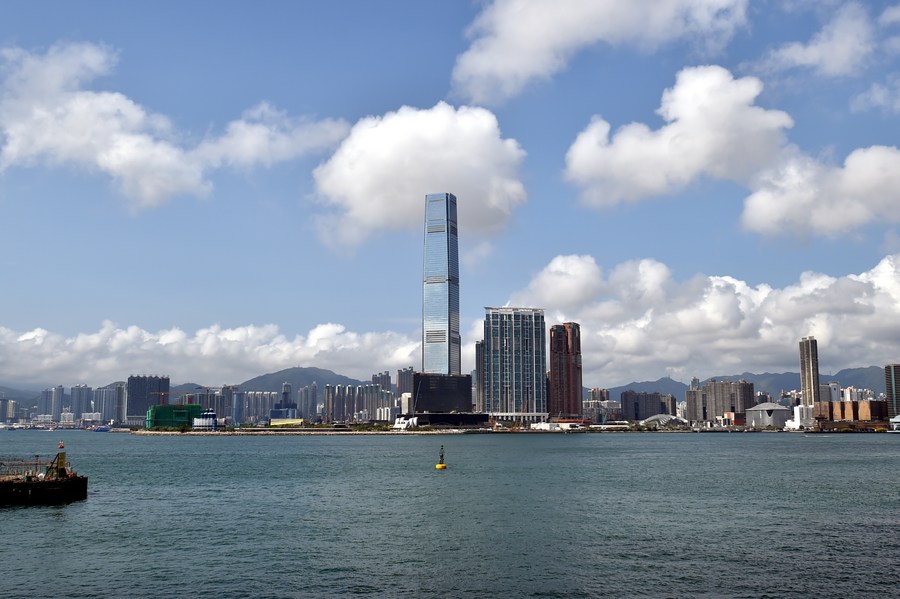
Photo taken on May 14, 2020 shows the International Commerce Centre (ICC), a landmark highrise in Hong Kong, south China. (Xinhua/Lo Ping Fai)
Noting that Hong Kong's financial markets have a strong and sturdy buffer and resilience against market shocks caused by external factors, Yue said the local foreign exchange reserves are 136 percent of GDP, and the banking system's capital adequacy ratio is 20.4 percent, both of which are 30 percent higher than that during the 2008 financial crisis.
HONG KONG, March 18 (Xinhua) -- Hong Kong's financial systems and money markets have continued to operate in an orderly and smooth manner, said Eddie Yue, chief executive of the Hong Kong Monetary Authority (HKMA), on Thursday.
The HKMA will continue to closely monitor market situations, with a view to maintaining stability in Hong Kong's financial and monetary systems, he said in a Q&A on the HKMA website regarding the latest interest rate hike by the U.S. Federal Reserve and stock market volatility.
Yue said that as an international financial center, it is normal for Hong Kong to see capital inflows and outflows, and that it is within the market's expectation that the United States will officially enter an interest rate hike cycle.
Hong Kong's linked exchange rate system has been in place for nearly 40 years and experienced many economic and interest cycles, he said. The linked system ensures that the Hong Kong dollar exchange rate remains stable within a band of 7.75 to 7.85 Hong Kong dollars to one U.S. dollar.

Aerial photo taken on July 16, 2020 shows the Wan Chai of south China's Hong Kong. (Xinhua/Lui Siu Wai)
Noting that Hong Kong's financial markets have a strong and sturdy buffer and resilience against market shocks caused by external factors, Yue said the local foreign exchange reserves are 136 percent of gross domestic product (GDP), and the banking system's capital adequacy ratio is 20.4 percent, both of which are 30 percent higher than that during the 2008 financial crisis.
Despite the developments in Ukraine, the Hong Kong dollar market has been operating as usual in an orderly manner, the Hong Kong dollar exchange rate is stable, no abnormal capital flows have been detected, and there is no indication of large-scale short selling or impact on the Hong Kong dollar, he said.
Although the Hong Kong stock market has recorded fluctuations along with the external market, the transactions stayed smooth and normal, Yue said.
The chief executive said Hong Kong has strong risk monitoring, forecasting, and early warning capacities, and is able to prevent and respond to financial risks more effectively than ever before.
The HKMA also maintains close communication and information exchange with other financial regulators in monitoring cross-market conditions to ensure financial safety and stability, he added.
With solid fundamentals, Hong Kong has weathered storms and adversities in the past, and the HKMA has acquired sufficient capacity and experience to maintain the financial and monetary stability in Hong Kong, Yue noted.
Hong Kong's Hang Seng Index gained more than 4 percent to open higher at 21,430.71 points on Thursday, continuing a rebound from a record low registered earlier this trading week.■


